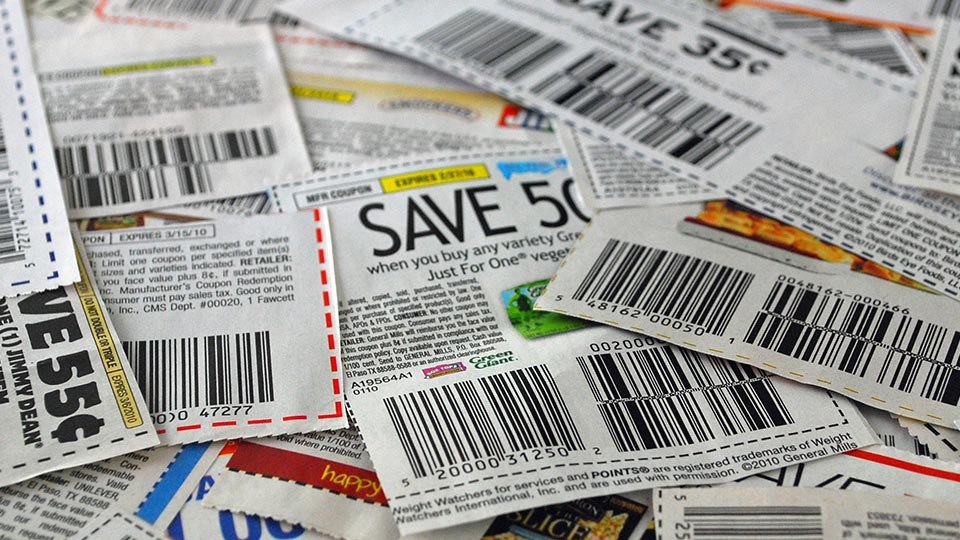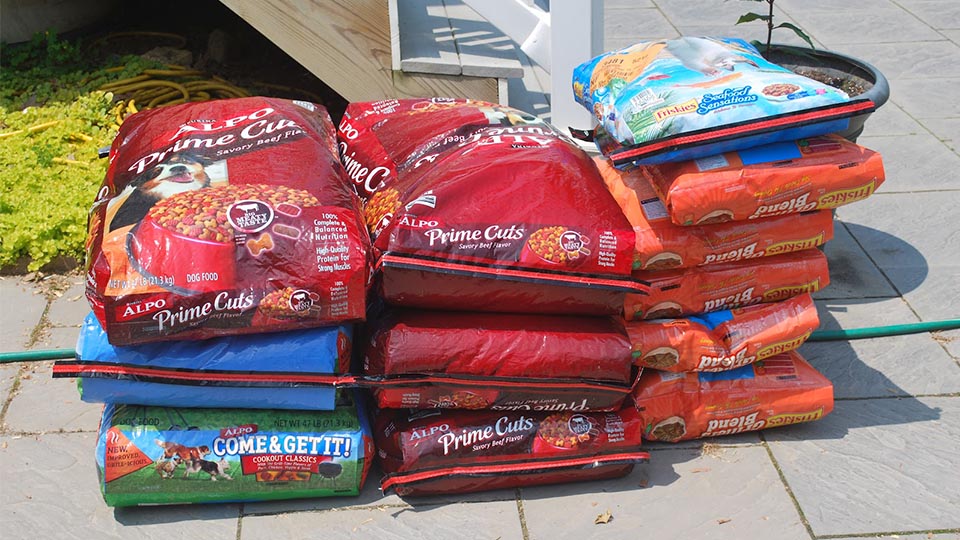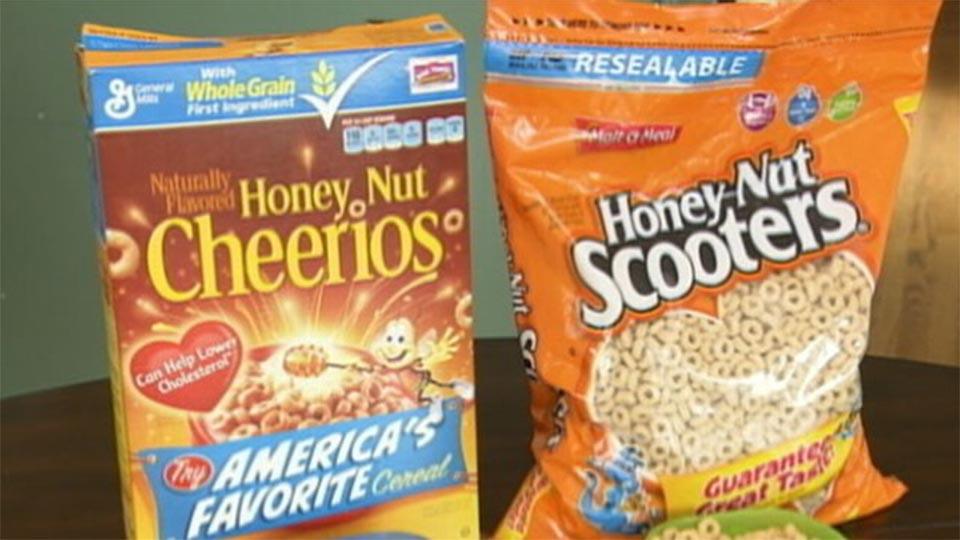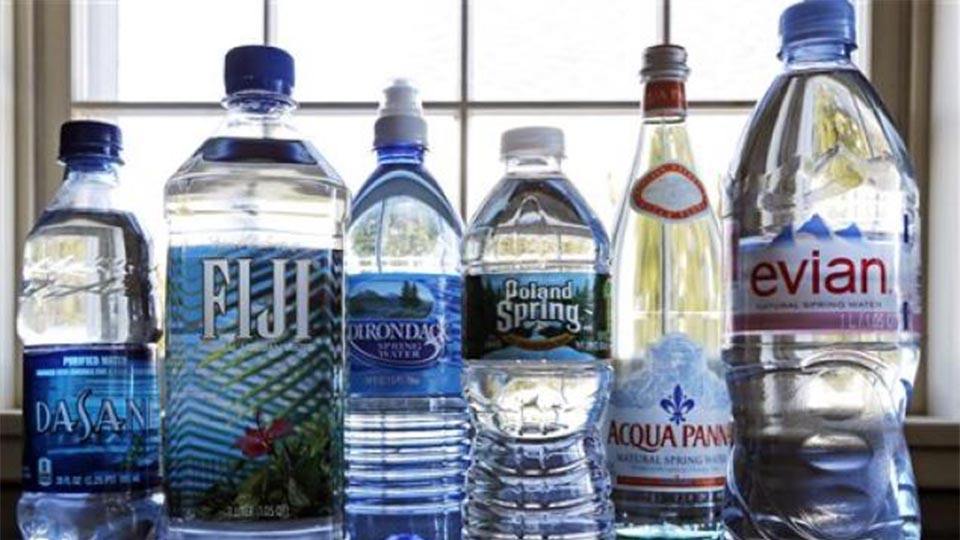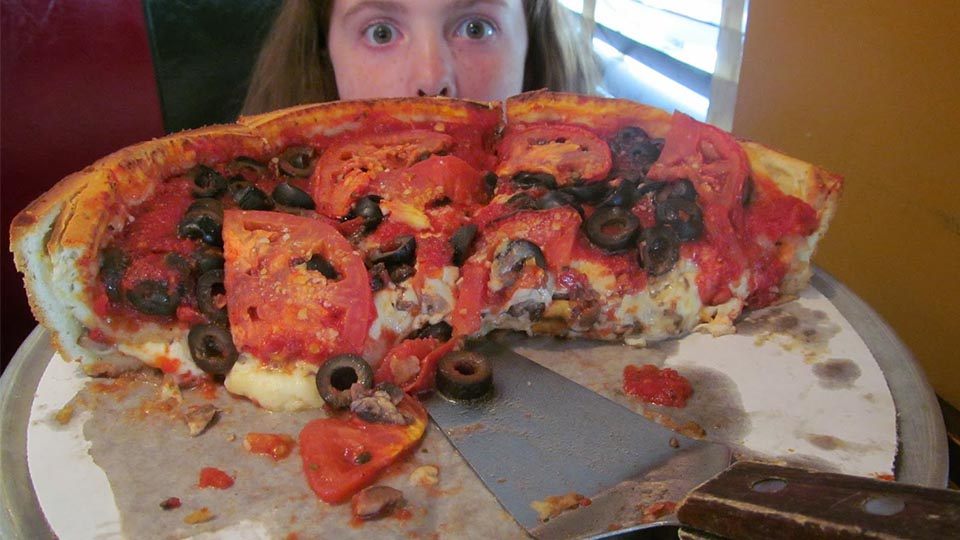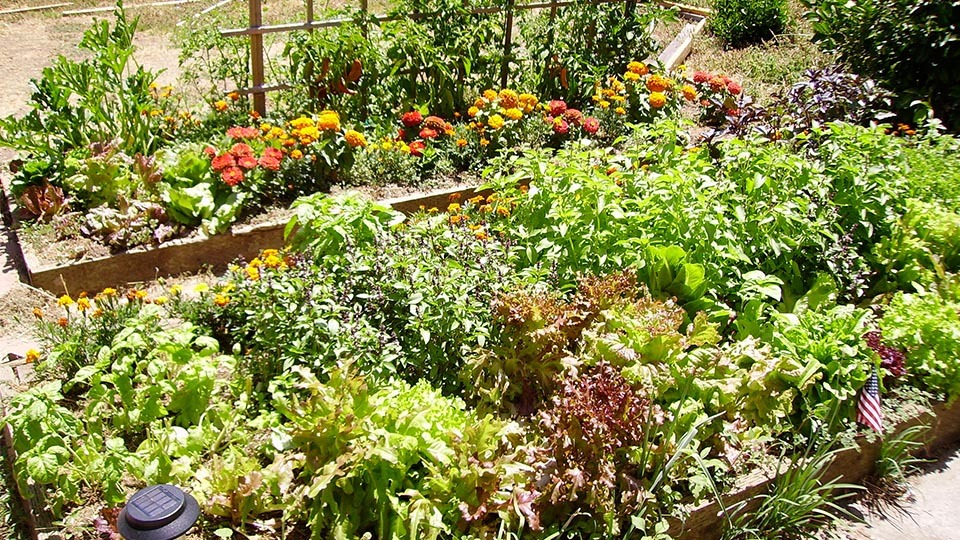Trying to eat healthy on a budget can be challenging. A lot of the food and recipes you see on websites occasionally require expensive ingredients, and that can be hassle, especially if you have to feed a family. Here are some tips on how to eat healthy even when you’re on a budget.
1. Learn the art of couponing.
Coupons can save you a ton of money on food every month. It can be difficult to get started because there are so many sources for coupons. Once you get into the flow, it not only gets easier, but you’ll also be able to save money on food that would usually be out of your price range. Here’s a website to help you get started. Some people have boasted that they save up to 50%–90% on food, and when you’re saving that much, you can splurge on more expensive food.
2. Buy in bulk.
It may seem like you’re buying more than you need, but buying in bulk can save you tons of money. At my local grocery store, Giant Eagle, I can get several pounds of frozen veggies for $5 and that can last for weeks depending on how many people you need to feed. You can buy ridiculous amounts of beans and rice on the cheap. The more you buy, the cheaper it gets. Yes, those Rice-A-Roni boxes seem like a deal at $1, but you can buy several pounds of rice for a couple of bucks more. Rice-A-Roni is also packed with sodium and regular rice can be spiced to your tastes.
3. Prepare to cook the meals.
Microwave dinners and precooked food seem like a great idea and a time saver. However, those foods are generally bad for you. Cooking the food yourself may take longer but you can control what goes in it and you can choose to make it healthy. Plus, with all the bulk food you’re getting from our last tip, you’ll have plenty of ingredients to cook.
4. Buy generic food brands.
There comes a point where it’s the same thing in a different box and you’re just paying a premium for the right to say you bought the brand name food. This is especially true for cereal. You can get the same cereal for half off by buying off-brand and they taste pretty much the same. Not all foods are good for you, and that means not all off-brand foods are good for you. However, stuff like low (or no) sugar cereal can be pretty decent.
5. Stop buying bottled water.
Bottled water doesn’t seem like it’s expensive but it adds up. Let’s say you buy only $1 worth of bottled water a day. That’s $350 per year (rounded down). You could easily save that money by using a water pitcher (with a filter) and using a re-usable water bottle. With that extra money, you can go buy more food! Plus, those cheaply made plastic bottles really aren’t good for you.
6. Obey the psychological rules of grocery shopping.
Grocery shopping isn’t always about the physical things. Sometimes it’s about the mental things. With that in mind, you should attempt to exercise the following tips. You should eat before going to the store because you’re more likely to be pragmatic about your decisions when you’re not hungry. You should shop alone because it cuts down on impulse buys from your kids and your husband/wife. Lastly, you should try to make at least a core list and stick to it.
7. Stop buying take out all the time.
Every time you go eat fast food, order a pizza, order take out, or even drop a dollar in the vending machine, you are undermining your food budget. If you eat out once a week for $10, that’s $520 per year you’re spending on eating out. Don’t get us wrong, it’s good to treat yourself every now and then. However, if you’re reading this then you probably have a tight budget.
8. Try to grow some of your own food.
Let’s be honest: planting a garden isn’t going to work miracles on your food budget, but it will help a little bit, especially if you plant the right things. Herbs and spices take very little space to grow and you can grow and dry enough to last you for years. Things like peppers and tomatoes are great to grow in most climates and you can use those in almost any food dish. If the garden is big enough, you can grow enough to save yourself a little bit of money. Plus, the stuff you grow is typically going to be good for you. You’re not growing processed foods high in sodium and trans fats.
Most people already don’t spend that much on food so we know the budgets are probably pretty tight. Using these tips, you can make your buck go a little bit further and eat less garbage. Your body and your wallet will thank you for it!
Featured photo credit: Static via static.squarespace.com

